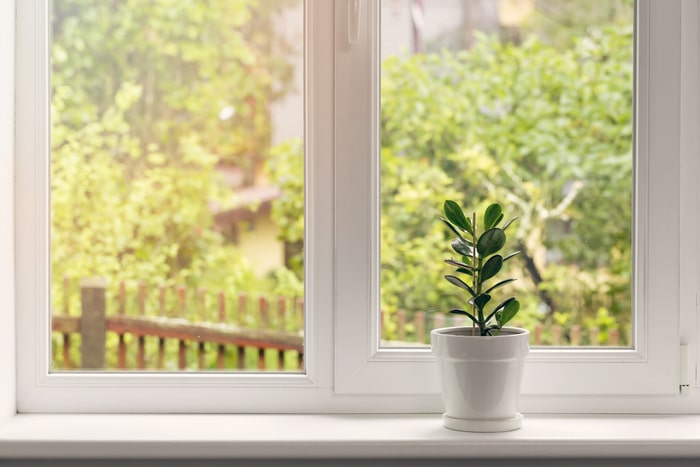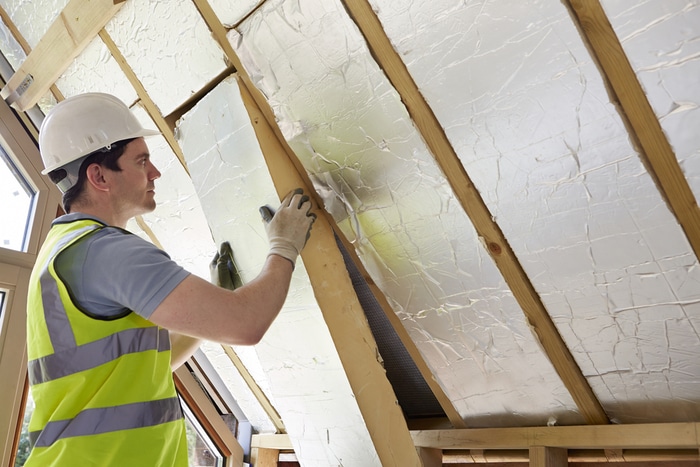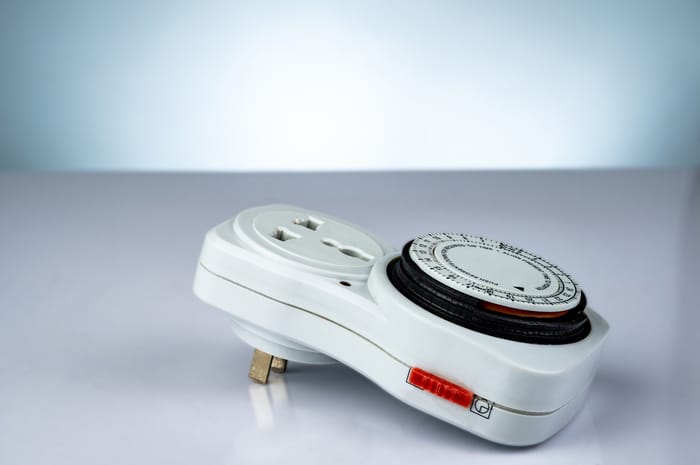We've independently reviewed this article to make sure it's as accurate as we can make it.
To find out more about our article creation and review process, check out our editorial guidelines.
Are you struggling to calculate exactly how much running your humidifier is costing you?
Welcome to the club! This is a question that thousands of people who use these appliances ask themselves frequently.
It’s estimated that in 2019, the retail sales for humidifiers in the U.S. alone amounted to around 643.1 million USD. And considering that modern electricity prices keep rising, being careful with your monthly power consumption is now more important than ever.
Luckily, you’ve come to the right place for answers. Below, I’ve prepared a short article explaining the power consumption you can expect from an appliance like this, as well as some useful tips on how to lower it.
Keep reading to run your humidifier efficiently!
How Much It Costs to Run Your Humidifier
I’d like to start off by mentioning that there’s no cookie cutter answer for this. There are several factors, such as the type of humidifier, its capacity, how often you use the appliance, and of course, the electricity rates in your area that must be taken into consideration.
By including all these elements in your calculations, you can more accurately determine the monthly consumption to expect. That being said, in many cases there’s nothing to worry about, as most humidifiers use very little power, so if you’re paying sky-high electricity bills monthly, something else is likely to blame.
The only exception to this rule would be if your particular appliance has a heating element inside it, as heating is one of the most expensive uses of electricity out there.
To put this into perspective, let’s assume you have a 200 watt medium-sized humidifier, and you run it 8 hours a day. Assuming the month in question has 30 days, and using a kWh rate of $0.1524, you’d be paying around $7.31 per month to run the unit.
(200 watts x 8 hours = 1,600 watts a day, or 1.6 kWh, which multiplied by $0.1524 equals $0.2438 a day)
On the flip side, though, a humid room will stay warm for longer. A good humidifier with heating installed might help you save in other areas by allowing you to use your furnace or AC (which draw more power) a little less frequently.
How Can You Run It More Efficiently?
I hope that my previous calculations have helped you feel a little less worried about your humidifier’s monthly power consumption. But even if that’s the case, you might want to push things a little further and are likely wondering whether it’s possible to use even less electricity.
And lucky for you, the answer’s yes. Here are some tips you can implement in your daily routine to lower power consumption even further.
#1 Look for Adjustability
One of the easiest ways to save as much power as possible is to look for a humidifier model that has a lot of adjustability options.
The more control you have over your appliance, the easier it will be to keep power consumption in check, as the unit won’t be working constantly for no good reason. Granted, more feature-rich humidifiers are almost always the more expensive alternative, but in the long run, the extra bucks you’ll spend on them will be recovered through monthly savings.
#2 Placement Is Key
Not unlike an AC unit, the place you choose to be your new humidifier’s home matters, and it matters a lot. HVAC systems, regardless of the specific model, rely on proper airflow and a clear environment to deliver the best results.
When it comes to humidifiers, the more central their placement is, the better. This can help these appliances bring up the humidity level in your home to the desired levels without having to work too hard, drawing less power.
Moreover, a good practice like this can make the water reservoir last longer, reducing the frequency of the annoying refill beeping sound some models have.
#3 Keep the Windows Closed
As I said earlier, since humidifiers are part of the HVAC category, the air quality where they’re placed, and the airflow they get to work with can greatly determine how great or how poorly they operate in the long run.

Leaving your windows open while trying to humidify a certain area in your home is counterproductive, as this can make the home dryer, preventing the appliance from ever reaching the desired humidity. This is similar to when you turn on the AC system in your car and then roll down your windows. You’re basically letting all the cool air escape.
In an ideal scenario, your home should be hermetic while trying to humidify it, as this will deliver the best possible results. Just be careful not to go overboard, as excessive humidity and poor ventilation can cause mold. We have a great guide on how to prevent this, in case you want to check it out!
#4 Keep the Appliance Clean
A lot of people sadly underestimate the importance of keeping their favorite appliances clean without knowing that this is what might be causing all their problems.
When manufacturers advise consumers to clean their appliances regularly, it’s hardly ever due to aesthetics. In many cases, this recommendation comes from a technical perspective, as dust and gunk buildup can cause a lot of issues, such as overheating, excessive resource usage, and even short-circuiting.
By making sure to keep your humidifier clean at all times, you’ll be one step closer to saving power while using it continuously.
#5 Insulate Your Home
Similar to keeping your windows closed to allow for the right airflow and humidity controls, making sure that your home is properly insulated is also key to lowering your appliance’s power consumption.
This can also help you save in other appliances, such as Air Conditioners, furnaces, and central heating systems, as the internal temperatures of your home will be preserved better.

Granted, installing insulation if your home doesn’t have it already, or repairing it when it’s damaged will not be cheap, but in the long run, you’ll be saving a considerable amount of money in electricity.
#6 Use a Timer
Although many modern appliances (including humidifiers) already have programmable off timers, some cheaper models might still be sold without this feature. This can cause your unit to run longer than it has to in order to deliver the results you’re looking for.
A situation like this can increase power consumption with no real added benefits whatsoever, throwing efficiency down the drain.

The best solution for cases like these are automatic off switches that you can buy from any online marketplace. These go plugged into your wall outlet on one side, and connect to your humidifier on the other.
When the timer goes off, all power supply is cut off to any appliances connected.
#7 Choose a Power Saver
Lastly, let’s talk about the obvious, yet simplest solution to this issue – buying wisely.
If you feel like you don’t have time to implement all the tips I just gave you, and you’re reading this piece in preparation to buying your humidifier, then the first thing you want to do is look for an efficient model.
There are many of these appliances in the market that are specifically designed to work wonders while drawing as little power as possible, which is great if lowering your utilities bill is a priority.
Now, don’t get too excited, efficient humidifiers aren’t magic, and they won’t cut your bills in half. Not by themselves, at least. If you want to get the best savings, buying a unit like this, in addition to implementing our tips above is the way to go.
Conclusion
That about sums it up!
The price per unit of utilities keeps increasing significantly year after year, so calculating how much power your favorite appliances are consuming, as well as finding clever and quick ways to reduce this number is key.
I hope this piece has helped you set clear expectations of how much you’ll be paying to run your humidifier when the bill comes in, and what you can do to save some money.
Thank you very much for sticking with me all the way to the end. If this article was interesting and helpful, please consider checking out our other incredible resources below and subscribing to our newsletter.
I wish you nothing but the best.
— Craig.







